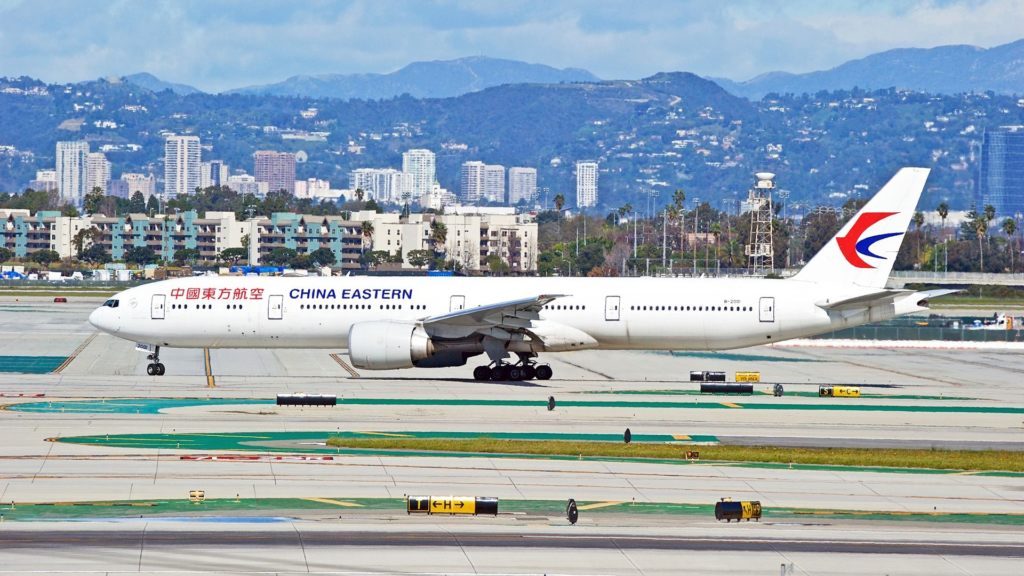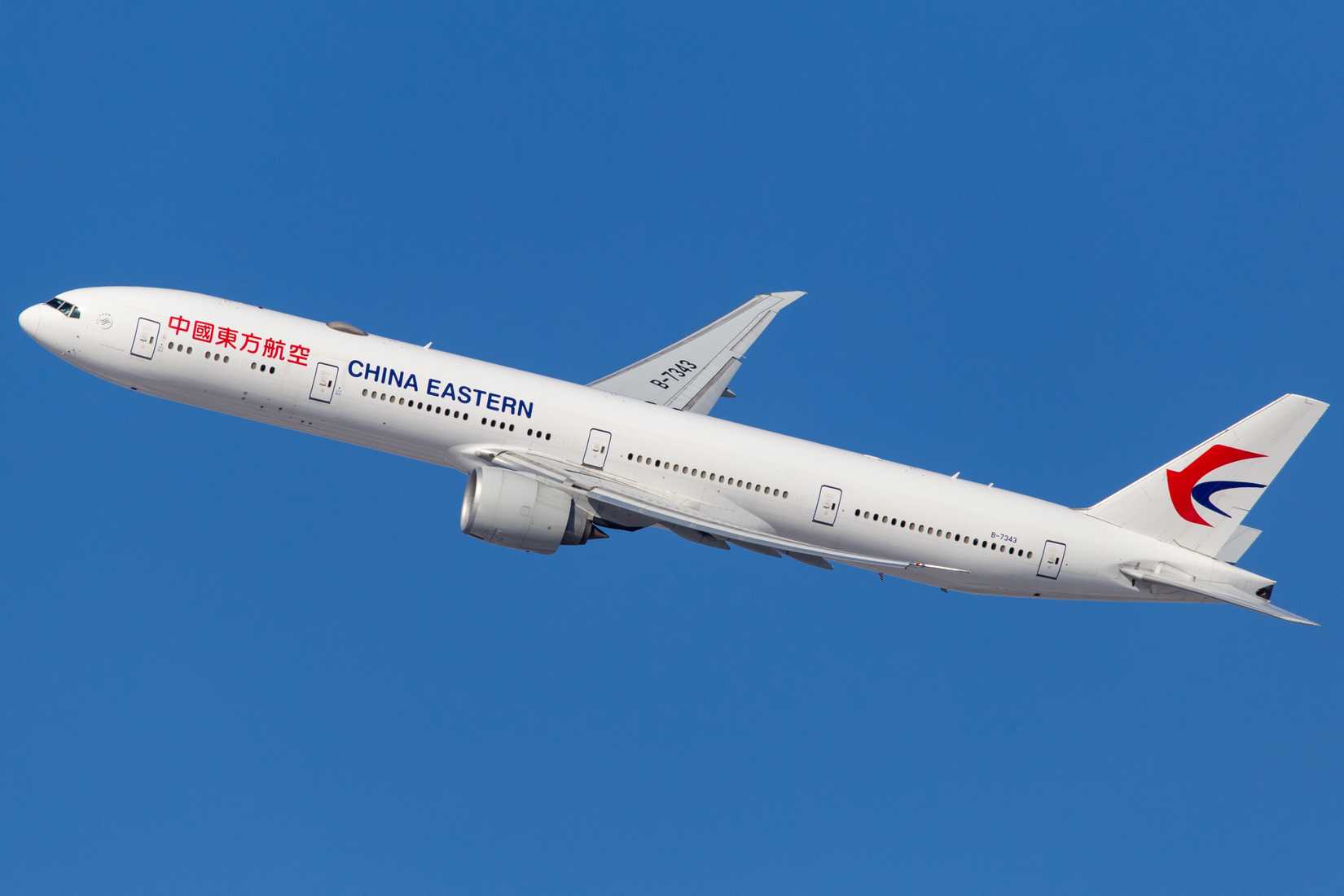The Chinese government has reportedly criticized the US government’s plan to ban Chinese airlines from flying to the United States via Russian airspace. According to a report by the South China Morning Post, China’s Foreign Minister said that such restrictions would harm people-to-people exchanges and undermine US interests.
The US Department of Transportation (DOT) announced the proposal first seen and reported by Reuters on October 9, 2025, as part of the Trump administration’s effort to remove what it sees as an unfair advantage for Chinese carriers that are allowed to fly over Russia to the US.
The Chinese Government Criticizes DOT’s Proposal
US airlines have been banned from Russian airspace after Western nations imposed sanctions on the country’s aviation sector following Russia’s full-scale invasion of Ukraine. These measures also prevented Russian airlines from purchasing aircraft and spare parts. As a result, Chinese airlines flying to Europe and the United States have gained an advantage, enjoying shorter flight times and lower fuel costs since they are not subject to the Russian airspace restrictions or Western sanctions.
In response, the US government has said it would potentially ban Chinese airlines that use Russian airspace for flights to the United States, citing long-standing complaints from US carriers about the competitive advantage this gives Chinese airlines. Commenting on this proposal, Chinese Foreign Minister Guo Jiakun told the South China Morning Post:
“We would suggest that the US side reflect on how its own policies are affecting American companies, rather than unjustifiably suppressing other countries and making global consumers pay the price.”
Chinese Airlines In The Crosshairs
The DOT plan reportedly named several Chinese airlines that could be affected, including Xiamen Airlines, as well as China’s “big three” airlines, such as
However, not all of these flights pass over Russian airspace. For example, Air China flights from Beijing (PEK) to Los Angeles (LAX) do fly over Russia, while China Eastern flights from Shanghai (PVG) to San Francisco (SFO) do not, as per Flightradar24.com. Additionally, some flights that traditionally flew over Russia have been avoiding the airspace since the DOT approved additional flights by Chinese carriers in 2023, after they agreed not to use Russian airspace on the new routes. Currently, Chinese carriers are allowed to operate up to 50 roundtrip flights per week between China and the United States. This number has remained unchanged since March 2024, when the DOT increased the limit from 35 to 50.
Additionally, Chinese airlines have reportedly been given two days by the DOT to respond, with the agency saying the final order could be implemented as soon as November 2025. The plan, however, does not extend the proposed overflight restrictions to cargo-only flights, the Reuters report said.
New Ban Proposal Arrives Amid Potential Boeing Orders
The DOT’s proposal to restrict Chinese airlines comes amid a potential Boeing order. In September 2025, media reports indicated that Chinese carriers were close to finalizing an order for 500 aircraft from the American manufacturer.
During a press conference on September 23, 2025, US Democratic Representative Adam Smith said, “It has been a while since Boeing airplanes were sold here in China,” adding that they hope to resume sales soon. If finalized, the new deal for 500 aircraft would mark China’s first major order from
The potential multi-billion-dollar order marks a major opportunity for the American aircraft manufacturer, which could help the company regain market share in China, where Airbus has made notable gains in recent years. US Ambassador to China David Purdue noted that the negotiations are nearing completion, stressing that the deal is “very important to the president, to Boeing, and to China.”


